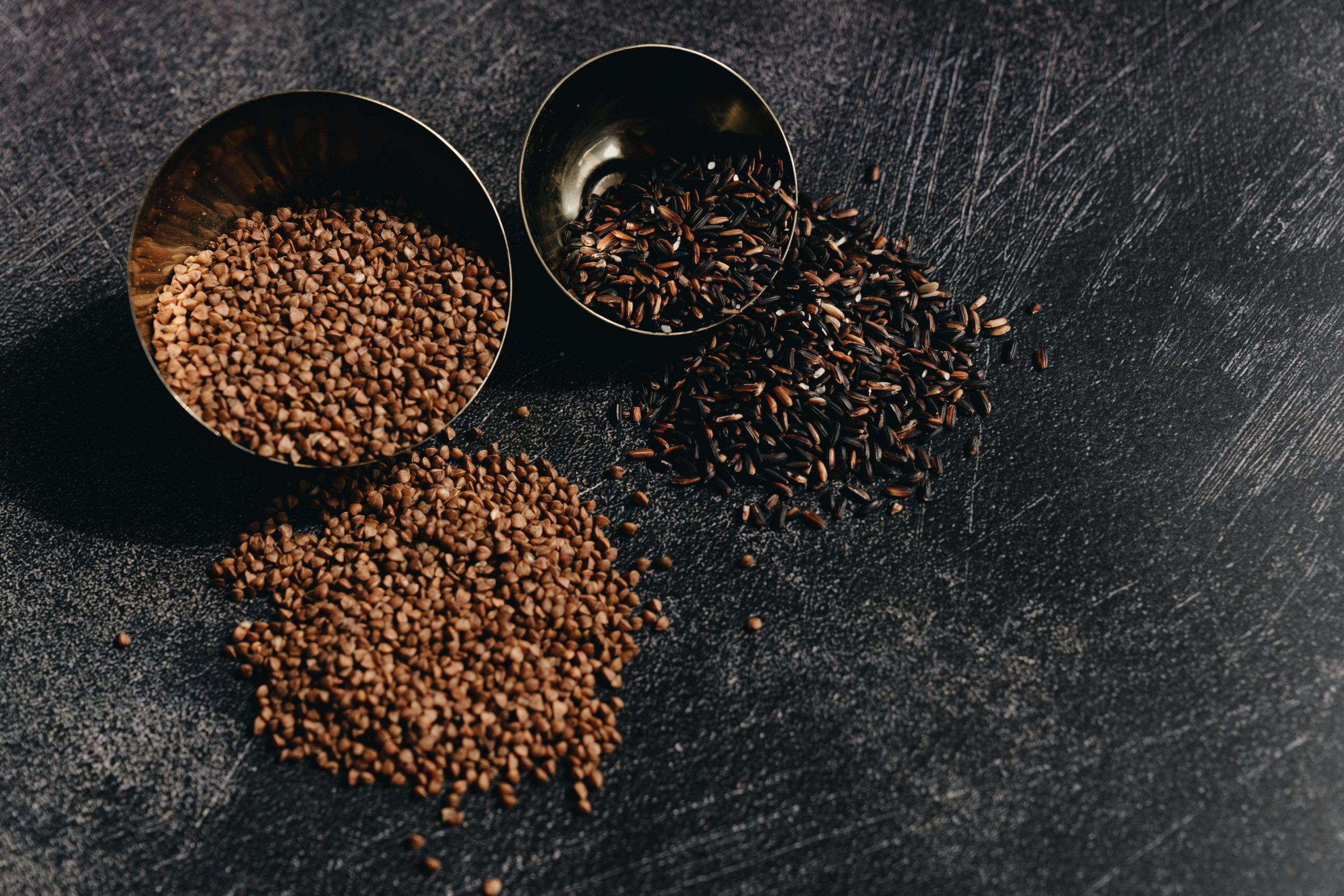Uncovering the Health Benefits of Mediterranean Diet Staples
When it comes to healthy eating, the Mediterranean diet has gained significant popularity in recent years. Originating in the regions around the Mediterranean Sea, this diet focuses on consuming primarily fresh fruits and vegetables, whole grains, legumes, and healthy fats like olive oil. With its emphasis on nutritious and wholesome foods, it’s no wonder that the Mediterranean diet has been linked to numerous health benefits. In this article, we will take a deeper look at some of the key staples of this diet and how they can contribute to your overall health and well-being.
The Power of Olive Oil
Olive oil is a staple of the Mediterranean diet and for good reason. It is a rich source of monounsaturated fats and high in antioxidants, making it a great choice for a healthy heart. Studies have shown that consuming moderate amounts of olive oil can improve cholesterol levels and reduce the risk of heart disease. Additionally, the anti-inflammatory properties of olive oil have been linked to a decreased risk of chronic diseases such as cancer and Alzheimer’s.
Heart-Healthy Fish
Fish, particularly fatty fish like salmon, sardines, and mackerel, are widely consumed in the Mediterranean diet. These fish are high in omega-3 fatty acids, which have been proven to reduce inflammation and improve heart health. Eating fish regularly has also been linked to a decreased risk of stroke and other cardiovascular diseases. Plus, it’s a delicious and versatile protein source that can easily be incorporated into your meals.
Power Packed Legumes
Legumes, including beans, lentils, and chickpeas, are a key component of the Mediterranean diet. They are excellent sources of protein, fiber, and complex carbohydrates, making them a nutritious and filling addition to any meal. Legumes also contain a variety of vitamins and minerals, including iron, potassium, and folate, which are essential for maintaining overall health. Regular consumption of legumes has been associated with lower cholesterol levels, better blood sugar control, and improved digestive function.
Indulging in Whole Grains
Unlike processed grains, whole grains contain all of the essential parts of the grain, including the bran, germ, and endosperm. This means they are a rich source of fiber, antioxidants, vitamins, and minerals. Whole grains have been linked to a reduced risk of heart disease, type 2 diabetes, and certain types of cancer. They are also known for their ability to keep you feeling full and satisfied, making them a valuable tool for weight management.
Nutrient-Dense Fruits and Vegetables
The Mediterranean diet encourages a high consumption of fruits and vegetables, and for good reason. These plant-based foods are packed with essential vitamins, minerals, and antioxidants, making them crucial for maintaining good health. The wide variety of fruits and vegetables available in this diet means that you can easily get a diverse range of nutrients and reap the benefits of different types of produce. Additionally, the high fiber content of these foods promotes digestive health and can help with weight management.
In Conclusion
The Mediterranean diet is more than just a way of eating – it’s a lifestyle. With its focus on fresh, wholesome foods and its numerous health benefits, it’s no wonder that this diet has been increasingly adopted by people all over the world. Incorporating staples like olive oil, fish, legumes, whole grains, and an abundance of fruits and vegetables into your diet can lead to improved heart health, better digestion, and overall wellness. So why not give it a try and uncover the many health benefits for yourself?










